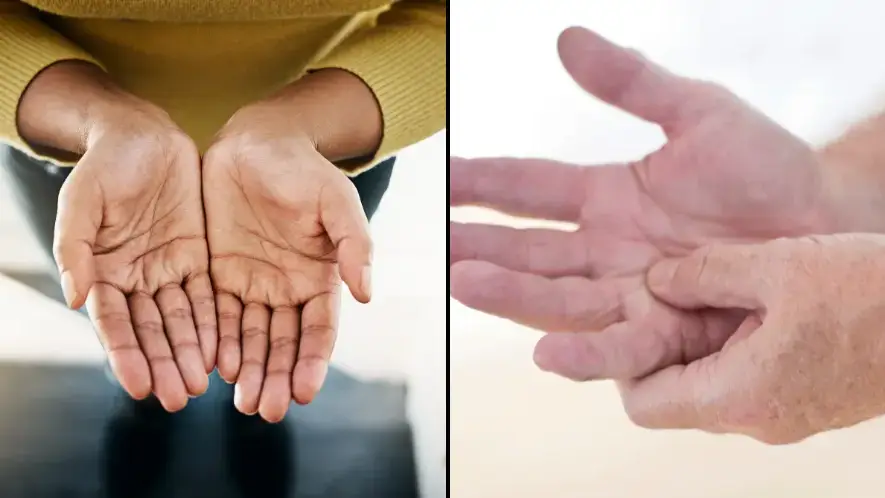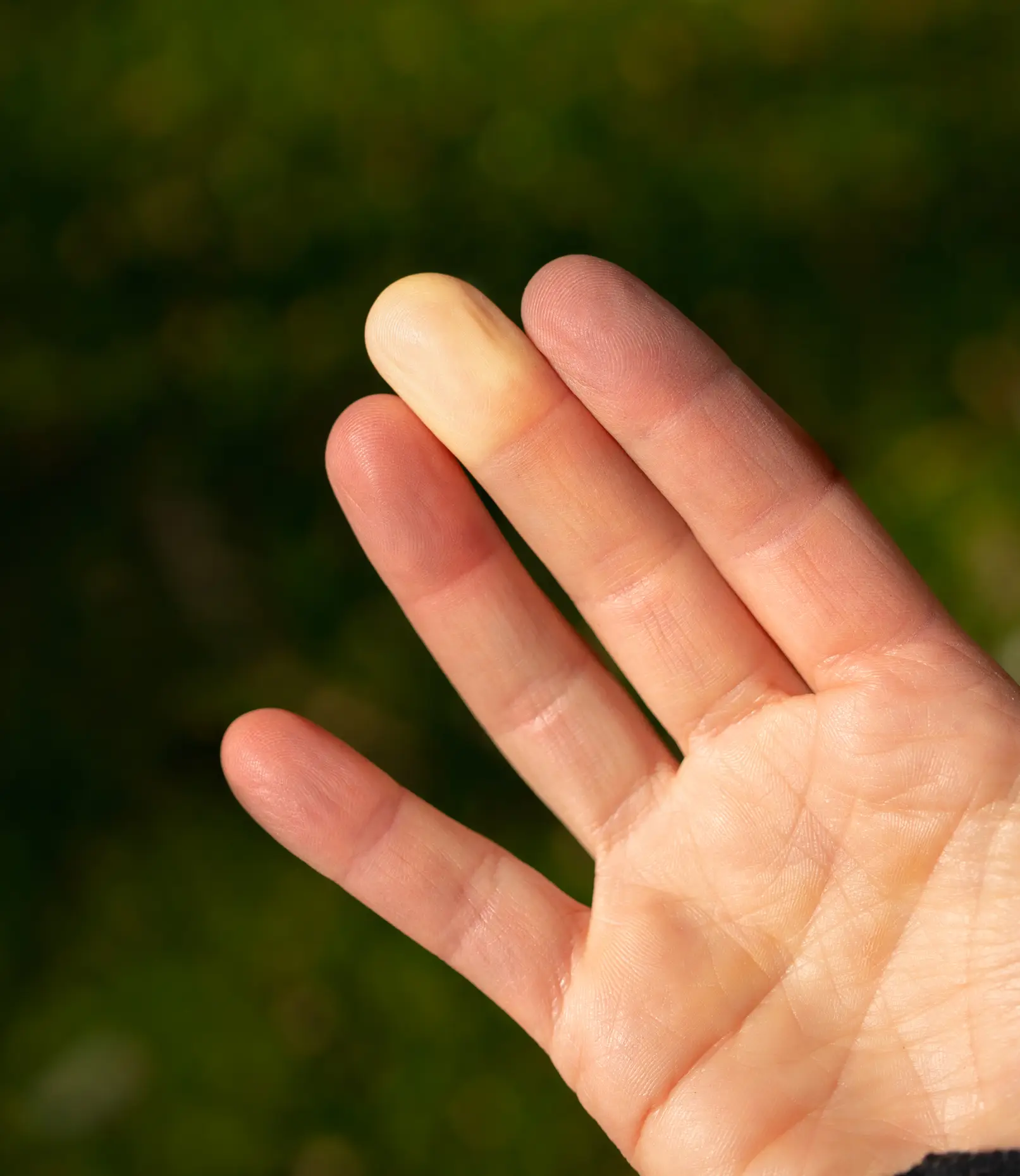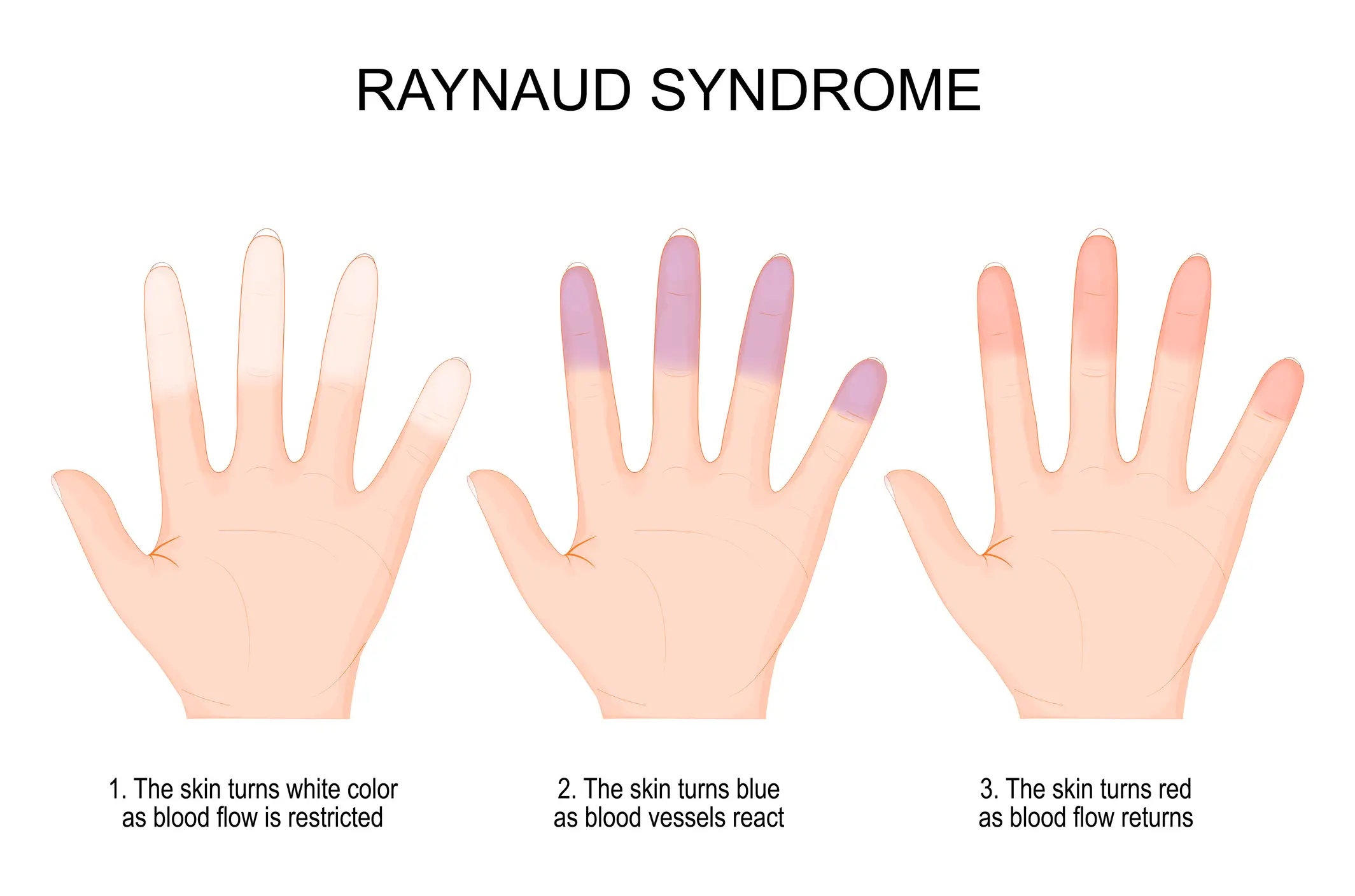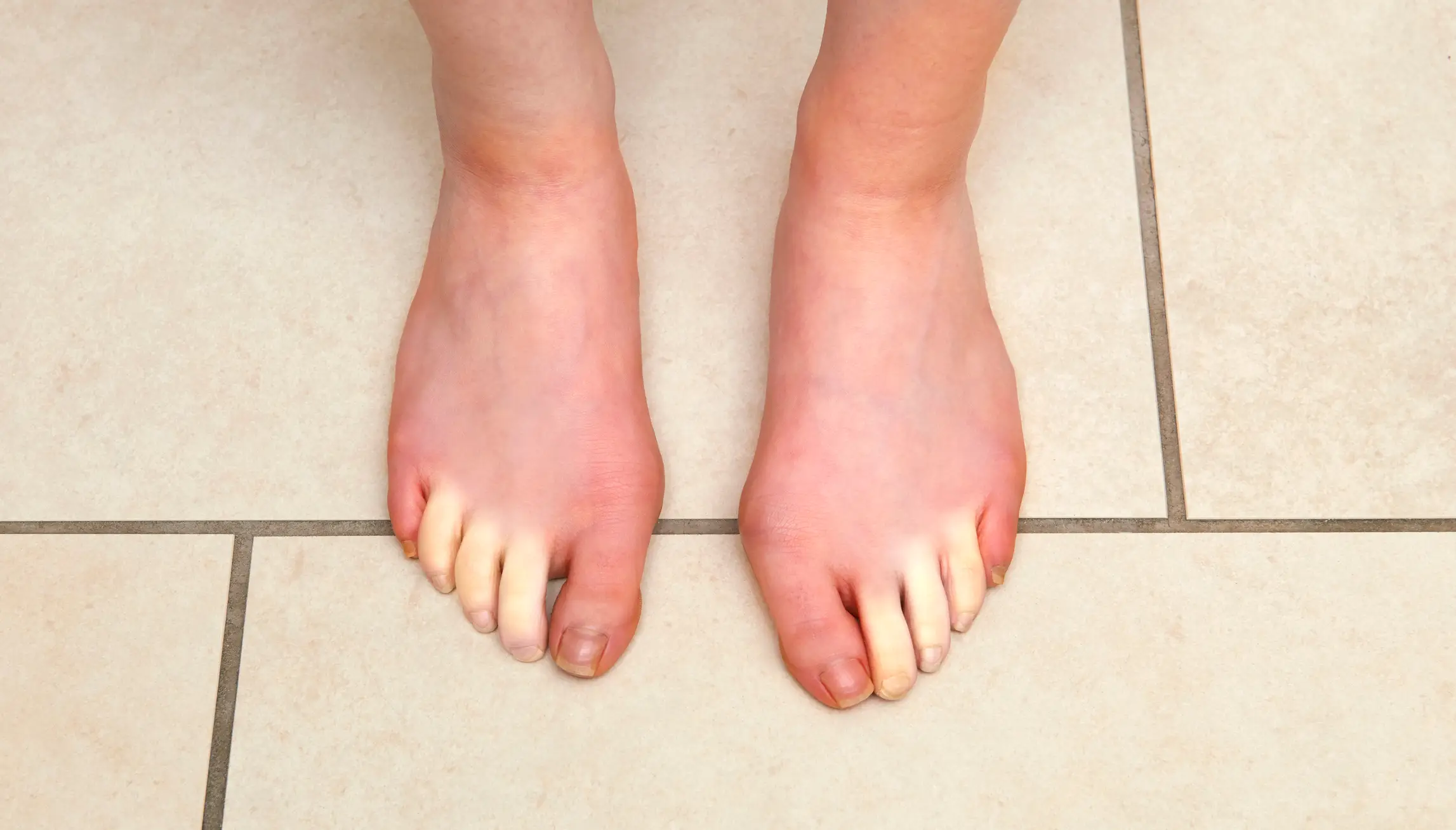
Brits have been advised to take a quick test from home which could reveal whether or not you could be suffering from a worrying disease.
Have you ever noticed your fingers and toes getting unbearably cold, numb or even painful when you're exposed to colder temperatures for an extended period of time?
Perhaps your digits will even change colour or the condition will flare up when you're stressed.
Although all of us will eventually feel the effects of the cold, these symptoms could be indicative of an underlying condition.
Advert

The condition is Raynaud's disease and can be triggered by exposure to colder temperatures as well as stress.
What is Raynaud's disease?
Raynaud's disease is a condition that impacts blood circulation to your extremities, such as your fingers and toes. Referred to as either Raynaud's disease, Raynaud's syndrome or simply Raynaud's, the condition can be triggered by cold temperatures, anxiety or stress.
According to NHS Inform, it's believed that around 20% of the global adult population could be suffering from Raynaud's - which could mean as many as 10 million people in the UK could be suffering from the condition.
What are the symptoms of Raynaud's disease?
The main symptom of Raynaud's disease is seeing the tips of fingers and toes changing colour due to the lack of blood flow. The tissue will initially turn white due to the lack of blood flow before turning purple due to a lack of oxygen.
Raynaud's patients can also experience their fingers and toes turning blue, as well as painful tingling and throbbing in the affected area.

The disease is often classified as either primary or secondary Raynaud's, depending on the cause of the disease.
Primary Raynaud's is where the condition forms by itself and has no known link to any other diseases. It is believed primary Raynaud's is caused by 'disruptions in how the nervous system controls blood vessels' and may also be an inherited condition.
It is also believed to be the most common form of the disease.
Meanwhile, secondary Raynaud's is often triggered by an underlying health condition. This can include infections, certain medications, auto-immune disorders, and even cancer in some cases.
Raynaud's can also be an early indicator of auto-immune disease called scleroderma, which causes hardening and thickening of the skin. Although rare, scleroderma can be life-threatening if the condition spreads from the skin to joints and internal organs.

It's believed that around 20,000 Brits could have scleroderma, while one in six have Raynaud's.
How can you test for Raynaud's disease?
If you're concerned about whether or not you may have the condition, there is a test created by Scleroderma and Raynaud's UK which can be done in as little as 60 seconds.
Available here, users are asked to answer five questions and further advice on Raynaud's is provided, as well as advice to contact your local GP with any further concerns.
Topics: Health